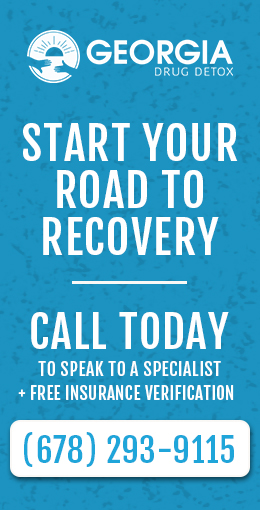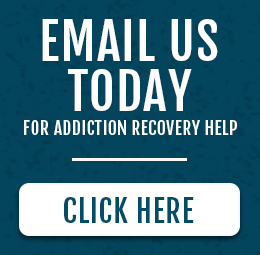What To Know Before You Confront a Loved One
Here are some tips for helping a loved one seek treatment:
- Approach the situation with extreme care as it is normal for those struggling with addiction to feel defensive, angry, and hurt
- Come from a place of love and understanding; not from fear and accusations
- Make sure the conversation avoids blame, guilt, or punishment
Keep in mind that there are treatment options for everyone. There are numerous different medications to alleviate withdrawal symptoms and promote the detox process, along with various forms of emotional and behavioral therapy. A professional can develop a personalized treatment plan for your loved one.
Make sure you try to learn everything you can about addiction. It’s a complicated beast that stems from various factors, including family history, trauma, and mental disorders. We are here to help your family members make a full recovery and work to pair them with a detox center where they will be both safe, cared for, and comfortable.
Signs and Symptoms of Addiction
Not every addict or abuser exhibits the same symptoms, but some common physical warning signs of drug abuse include:
- Sudden weight gain or loss
- Strange smells on clothes, breath, or body
- Slurred speech
- Impaired coordination
- A fluctuating appetite
- Altered sleep patterns
- A general deterioration of personal hygiene and appearance
- Tremors
- Bloodshot eyes with abnormally dilated or constricted pupils
Some behavioral signs you should keep an eye out for include:
- Neglecting responsibilities at work, home or school (like missing classes, consistently arriving late to work, forgetting to pick up the kids)
- Taking high risks while under the influence of drugs, like driving or operating heavy machinery, having unsafe sex, or using contaminated needles
- Sudden legal issues, including stealing to support a drug habit, driving under the influence, or arrests for fights and other forms of disorderly conduct
- Strained relationships with loved ones
- Abandoning activities and hobbies that they once enjoyed
- Immediately turning to drugs as a means of coping with stress
- Sudden mood swings, outbursts, or general irritability
Addiction Treatment
Detox is the first step to a healthy, sober life. The process generally involves tapering off drug use and administering medication to remove the toxins and chemicals that have built up in the system. Once your loved one is stabilized, detox leads into ongoing rehab programs. These programs provide them with the tools and skills to maintain sobriety in the long term through counseling, therapy, classes, and education.






